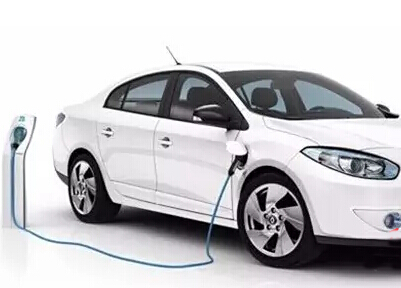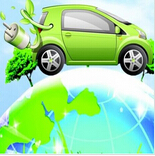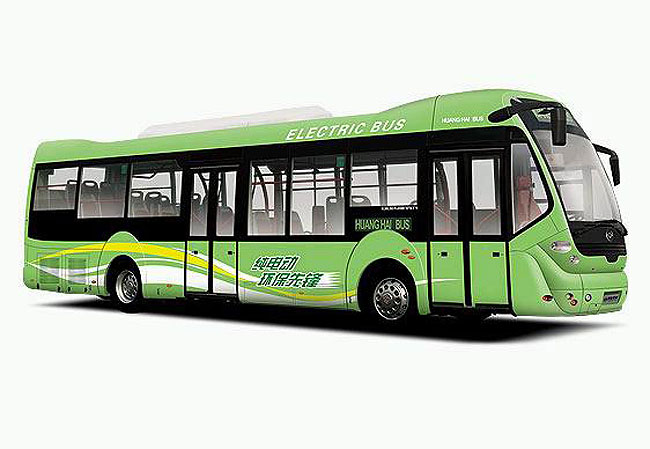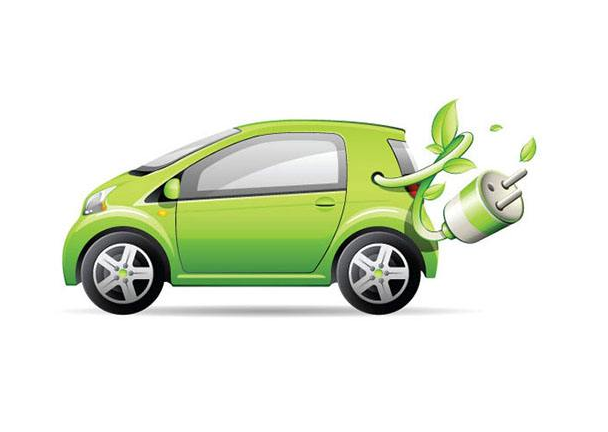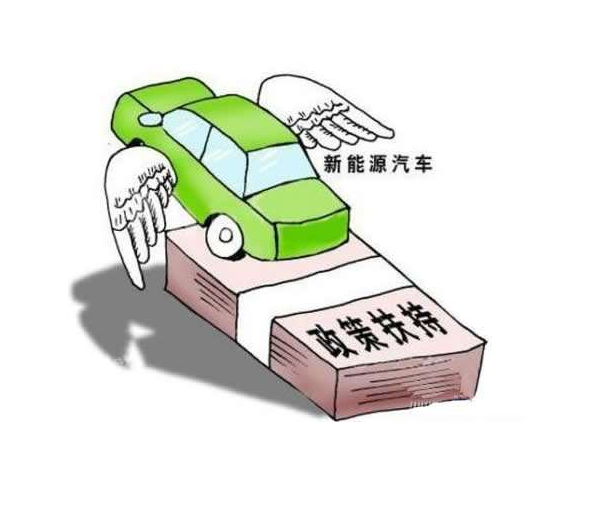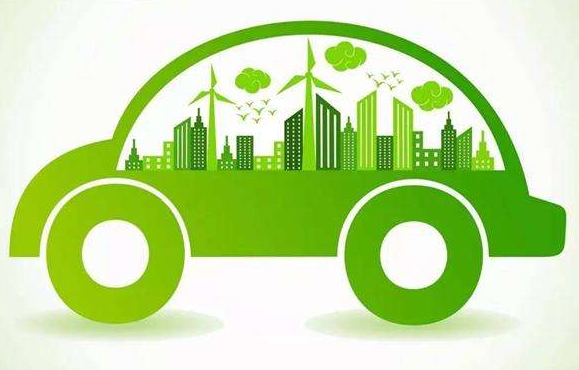It is an indisputable fact that new energy vehicles will gradually become mainstream in the next decade. New energy auto products have entered the market for many years. Under the guidance of policies, more and more consumers are more willing to choose new energy vehicles.
At the experience level, with the continuous development of technology, today's new energy vehicles are infinitely close to mature fuel vehicles in terms of experience. Although, in the end, which energy technology will become the mainstream of new energy vehicles, we are still uncertain, but the development of technology with electric power as the core has already been on the right track.

Toyota introduces plug-in hybrid system
The replacement of fuel power by electric power will undoubtedly change the part of the automobile industry. The impact is undoubtedly huge for product-related suppliers with technology supply as the core. The competitive relationship between suppliers and the future direction of technology development will all be transformed by the intervention of new energy sources.
Four questions Bosch, see the new energy revolution
Bosch is one of the world's largest automotive suppliers and a veteran industrial company in Germany. In the automotive sector, its business covers sensors, fuel supply systems, starters, generators, spark plugs and other products. The (body electronics stability) system is well known. With more than 230,000 employees and more than 50 countries, the company has been known for its innovative and cutting-edge products and system solutions. In its eyes, the development of new energy vehicles will generate for component suppliers. What kind of impact?
Question 1: How does Bosch view the development of new energy vehicles?
Bosch: With the air quality problem becoming an important challenge in urban life, electrification is one of the important strategies in the field of Bosch automotive and intelligent transportation technology, and also the direction of future transportation. In the field of electrification, Bosch adheres to a diverse range of powertrain solutions, including the optimization of conventional internal combustion engines, hybrid to pure electric solutions.
Question 2: What changes will the new energy vehicle bring to Bosch's future research and development direction?
Bosch: In the field of new energy, in the transitional hybrid solution, 48V technology can effectively save energy and reduce emissions and improve the efficiency of internal combustion engines. In the field of pure electric power, Bosch provides compact power solution bridges and various specifications. Motor products and core components and system capabilities of fuel cells.

Question 3: Which technologies (eg ESP) are used in new energy vehicles to differentiate from traditional vehicles? Will the application of the prior art cause difficulties?
Bosch: It is mainly a huge difference between the powertrain and the traditional internal combustion engine. The function such as ESP is mainly the interaction with the powertrain, but there is no difference between the function and the technology itself. It is worth mentioning that different from traditional cars, new energy vehicles have higher demand for thermal management systems. Thermal management refers to the dynamic heat management in the car, which can manage the heat flow of the whole vehicle in an energy-saving and efficient manner, including the heating and cooling management of the battery, the motor, the electric control and the passenger compartment, etc., effectively extending the cruising range of the electric car in winter and summer. Ensure driving safety and ride comfort. In the electric vehicle thermal management system, many key components of Bosch, such as pumps, water valves, cooling fans, etc., have been innovatively applied in refrigerant circuits, cooling water circuits and air conditioning circuits (eg waste heat recovery, heat pump technology, etc.) .
Question 4: How has the share of traditional auto parts and new energy auto parts changed in recent years? Will Bosch adjust its internal business accordingly?
Bosch: The sales of new energy auto parts are increasing year by year. In 2018, Bosch's sales in the new energy field doubled year-on-year, but the proportion of traditional auto parts is still much higher than that of new energy vehicles, which is also consistent with the market situation. Bosch integrated the gasoline and diesel division in early 2018 and established the powertrain division. The business unit includes passenger cars, commercial vehicles and non-roads. The electric vehicle business unit has been added, highlighting the strategic position of electrification.
Through the above communication with Bosch, we can see the biggest impact of new energy on industrial suppliers, and expand new research directions on how to focus on the industrial chain with electric power as the core. However, traditional auto parts, both in volume and importance, still far exceed the proportion of new energy at this stage. The development of new energy does not mean abandoning the development of traditional vehicles.
New technology has spawned a new competitive landscape
For consumers, the traditional tyrannical layout of new energy is undoubtedly a good thing. These giant suppliers have an in-depth understanding of traditional vehicles, and the product development system is mature. After expanding new energy-related businesses, their new energy-related automotive products can also Guaranteed in quality and stability. However, whether the joining of giant companies will create a higher corporate threshold for the new energy supply chain is also very worthy of attention.

WEY P8 plug-in hybrid system
Compared with traditional cars, new energy vehicles, in addition to using electric motors instead of internal combustion engines, also bring a series of motor-related parts, such as batteries, electronic control, thermal management systems, high-voltage electrical components, etc., as well as valves, spark plugs, and sprays. A series of internal combustion engine related parts such as the oil nozzle disappeared, and the complex system that realizes four-wheel drive on the fuel vehicle also lost its significance.
Therefore, the technical barriers based on the formation of traditional internal combustion engines will no longer exist, followed by high requirements for battery technology, electronic control technology, thermal management systems, and the competitive threshold that will follow.
The Chinese market has become the world's largest auto market. Under the policy inclination, it has become the world's leading electric vehicle market. Therefore, the impact of the Chinese market on the future development of new energy vehicles is neglected. Lear, an established auto parts company founded in 1917, attaches great importance to its development in China.

In addition to actively responding to the development trend of the automotive industry, Lear is also accelerating the technological innovation layout under the “new four” trend of the automotive industry, and is committed to winning in the fields of electrification, intelligence, networking, and sharing. Develop new opportunities. Lear believes that the "three power" system, which is not only composed of "motor, battery, and electronic control", will become the core component of new energy vehicles, including intelligent network connection systems such as human-car interaction, which are all new by the new energy automobile industry. Demand.
In terms of electrification, as a supplier of complete vehicle electrical and electronic architecture solutions, Lear has the industry's top strength in the Chinese electrification market. The company has a strong portfolio of electrification products, including chargers, battery management systems, power conversion systems and high voltage wiring harnesses. At the same time, it also has a global R&D and technology application team. With these strengths, Lear can serve the local market well and contribute to the development of China's new energy vehicles.

With the deepening of new energy sources, the technical barriers based on fuel vehicles will inevitably change, which has given many enterprises the opportunity to overtake the corners, but the traditional auto parts giants such as Bosch and Lear have also launched relevant layouts. The competition around "motors, batteries, electronic control" and even hydrogen energy technology will remain fierce. Although some of the new energy vehicles at this stage are not as good as traditional fuel vehicles, they do have a more promising future.
















 RCCN WeChat QrCode
RCCN WeChat QrCode Mobile WebSite
Mobile WebSite
